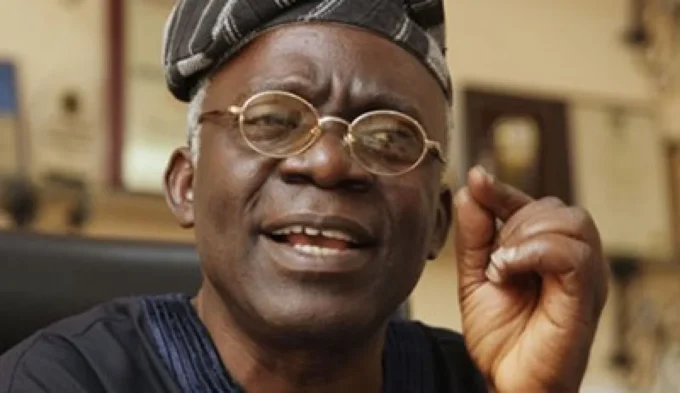Nigerian music superstar Davido is at the center of controversy following his recent comments on the state of the Nigerian economy, which have sparked a wave of criticism from fans and political figures alike. During an appearance on “The Big Homies House” podcast, the Afrobeats icon advised African Americans, particularly Nigerians living abroad, to think twice before returning to Nigeria. His remarks come amid concerns about the implications of Donald Trump’s election as President of the United States, which has led some black Americans to consider relocating.
Davido’s comments were prompted by discussions surrounding the political climate in the U.S. and the potential impact of Trump’s presidency on African Americans. The singer candidly stated, “It is not cool back home. The economy is in shambles,” highlighting the ongoing struggles faced by many Nigerians. While his intention may have been to provide a realistic perspective on the current situation in Nigeria, the backlash was swift and intense.
Critics wasted no time in expressing their discontent with Davido’s statements. Joe Igbokwe, a prominent member of the All Progressives Congress (APC), took to social media to voice his disappointment. In a post on Facebook, he urged Davido to retract his statement, saying, “My In-law Davido has made me sad by telling the world in America that Nigeria’s economy is in shambles. This is very sad. I will advise him to retract the statement ASAP. Nigeria made Davido. QED!!!”
Also read: Nigerian Comedian Okey Bakassi Advocates for Polygamy as the Ideal Marriage Model for Africa
Similarly, Bashir Ahmed, a former aide to Nigeria’s ex-president Muhammadu Buhari, echoed these sentiments. On X (formerly Twitter), he expressed his disappointment, stating, “Selling out your country from foreign soil is so disappointing and unpatriotic. Public figures like Davido should know that. They should act and be seen as good ambassadors for Nigeria wherever they find themselves.”
The criticism directed at Davido raises important questions about the responsibilities of public figures when discussing sensitive topics like national pride and economic conditions. As one of Nigeria’s most recognizable faces in the global music scene, Davido’s words carry significant weight. Critics argue that his remarks could discourage potential investments and tourism, further exacerbating the challenges faced by the nation.
In recent years, Nigeria has grappled with numerous economic hurdles, including high inflation rates, unemployment, and a depreciating currency. These issues have led many citizens to seek better opportunities abroad, while some Nigerians in the diaspora contemplate returning home. Davido’s comments strike a nerve, as they reflect the harsh realities many Nigerians face daily.
However, supporters of Davido argue that he was merely being honest about the situation in Nigeria. They contend that acknowledging the country’s struggles is not the same as betraying it. In an era where social media amplifies voices, the conversation surrounding national identity and responsibility becomes increasingly complex.
The backlash against Davido is not just limited to political figures; many fans have also expressed their disappointment. Some took to social media to defend Nigeria, highlighting the resilience and potential of the country despite its challenges. They argue that it is essential to remain optimistic and work towards solutions rather than focus solely on the negatives.
Also read: Nicki Minaj Praises Davido’s Musical Genius in Exciting Collaboration
As the debate continues, it remains to be seen whether Davido will address the backlash or offer a retraction of his statement. The singer has built a successful career on a global stage, and how he navigates this controversy could have lasting implications for his reputation and relationship with his fans.
In conclusion, Davido’s remarks have ignited a significant conversation about the state of Nigeria and the responsibilities of public figures. While his intention may have been to shed light on the economic realities faced by many, the response from fans and political figures underscores the importance of national pride and the impact of words in a globalized world. As Nigeria continues to face economic challenges, the dialogue surrounding its future remains critical.













Leave a comment